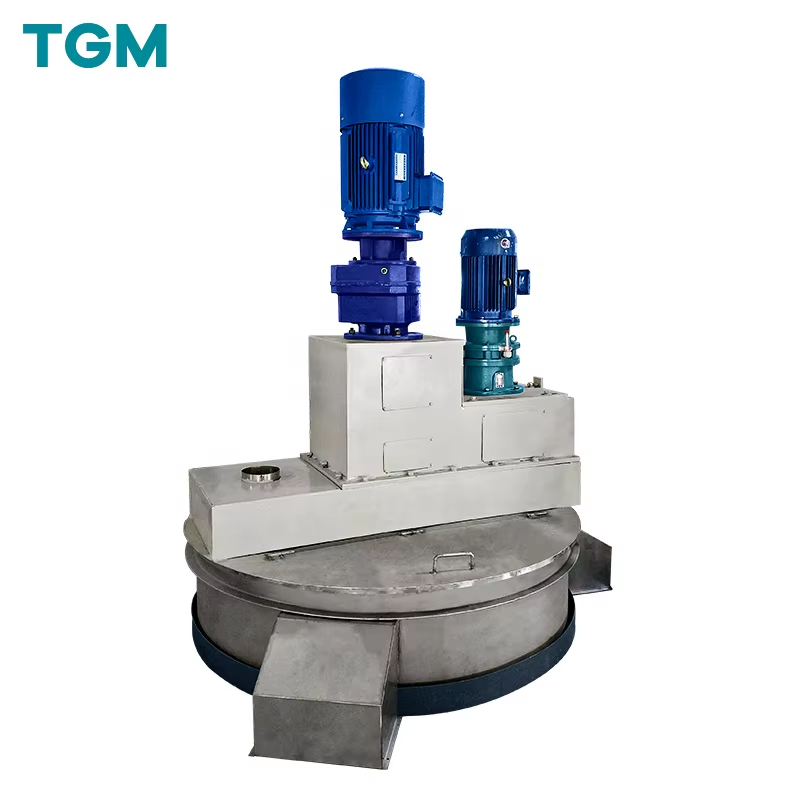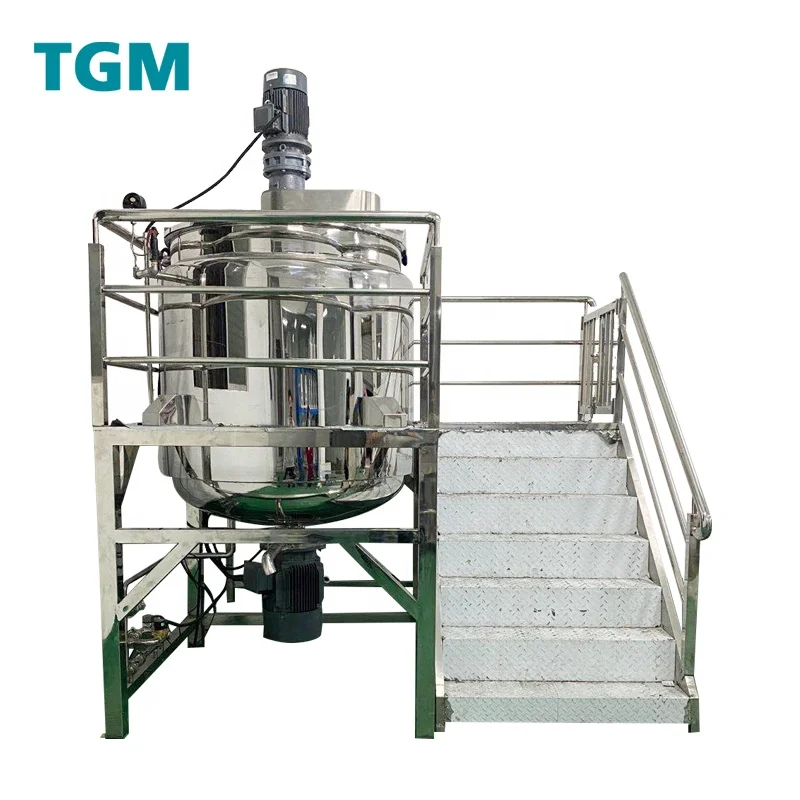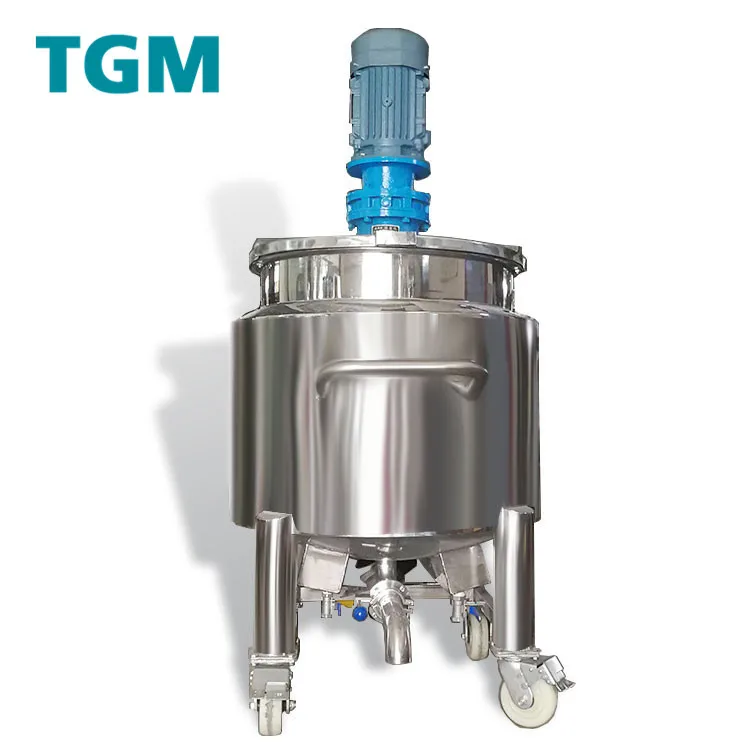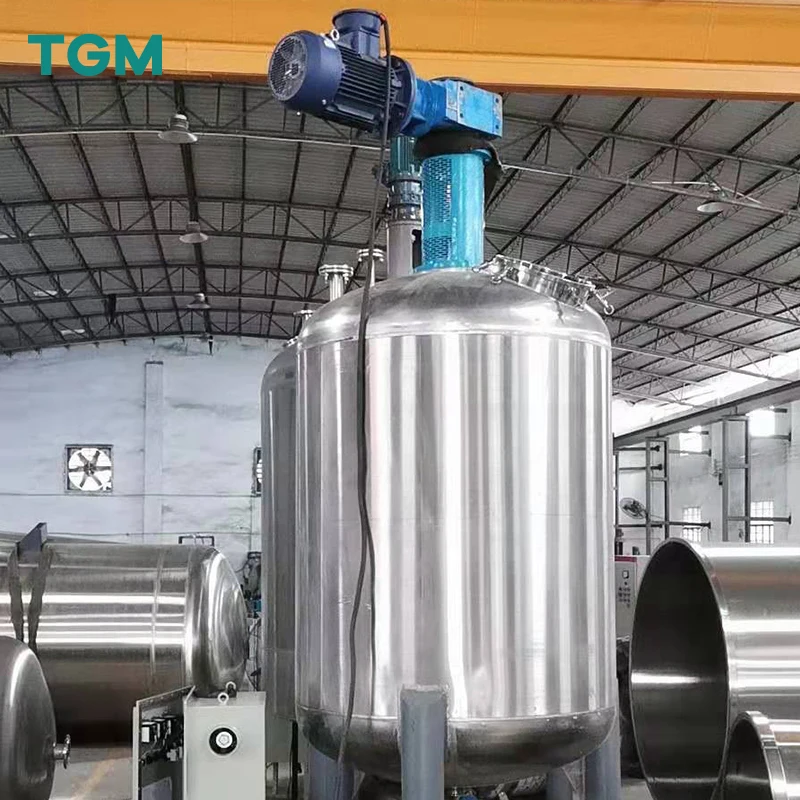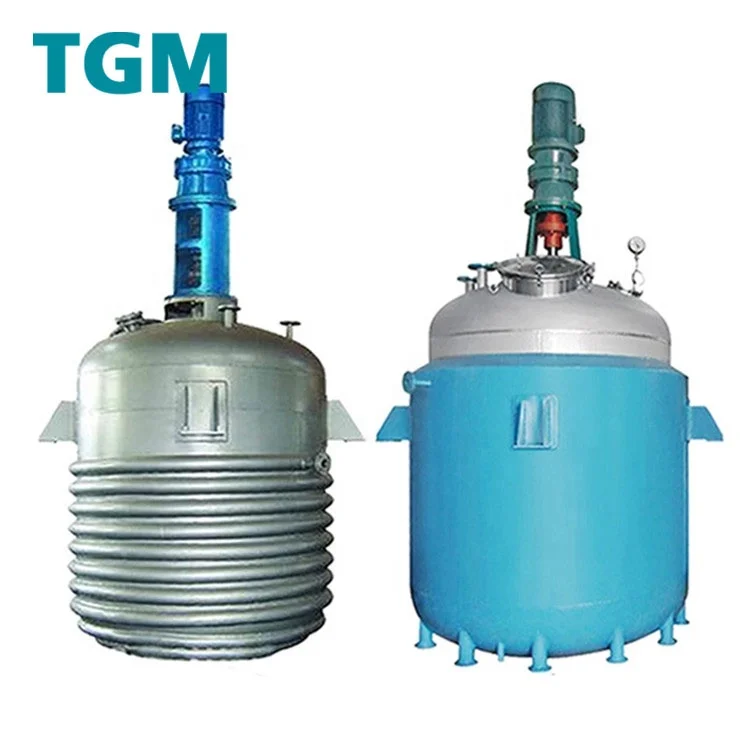-
 Agriculture
Agriculture
-
 Health-Care
Health-Care
-
 Environment
Environment
-
 Construction-Real-Estate
Construction-Real-Estate
-
 Tools-Hardware
Tools-Hardware
-
 Home-Garden
Home-Garden
-
 Furniture
Furniture
-
 Luggage-Bags-Cases
Luggage-Bags-Cases
-
 Medical-devices-Supplies
Medical-devices-Supplies
-
 Gifts-Crafts
Gifts-Crafts
-
 Sports-Entertainment
Sports-Entertainment
-
 Food-Beverage
Food-Beverage
-
 Vehicles-Transportation
Vehicles-Transportation
-
 Power-Transmission
Power-Transmission
-
 Material-Handling
Material-Handling
-
 Renewable-Energy
Renewable-Energy
-
 Safety
Safety
-
 Testing-Instrument-Equipment
Testing-Instrument-Equipment
-
 Construction-Building-Machinery
Construction-Building-Machinery
-
 Pet-Supplies
Pet-Supplies
-
 Personal-Care-Household-Cleaning
Personal-Care-Household-Cleaning
-
 Vehicle-Accessories-Electronics-Tools
Vehicle-Accessories-Electronics-Tools
-
 School-Office-Supplies
School-Office-Supplies
-
 Packaging-Printing
Packaging-Printing
-
 Mother-Kids-Toys
Mother-Kids-Toys
-
 Business-Services
Business-Services
-
 Commercial-Equipment-Machinery
Commercial-Equipment-Machinery
-
 Apparel-Accessories
Apparel-Accessories
-
 Security
Security
-
 Shoes-Accessories
Shoes-Accessories
-
 Vehicle-Parts-Accessories
Vehicle-Parts-Accessories
-
 Jewelry-Eyewear-Watches-Accessories
Jewelry-Eyewear-Watches-Accessories
-
 Lights-Lighting
Lights-Lighting
-
 Fabric-Textile-Raw-Material
Fabric-Textile-Raw-Material
-
 Fabrication-Services
Fabrication-Services
-
 Industrial-Machinery
Industrial-Machinery
-
 Consumer-Electronics
Consumer-Electronics
-
 Electrical-Equipment-Supplies
Electrical-Equipment-Supplies
-
 Electronic-Components-Accessories-Telecommunications
Electronic-Components-Accessories-Telecommunications
-
 Home-Appliances
Home-Appliances
-
 Beauty
Beauty
-
 Chemicals
Chemicals
-
 Rubber-Plastics
Rubber-Plastics
-
 Metals-Alloys
Metals-Alloys
- Masonry Materials
- Curtain Walls & Accessories
- Earthwork Products
- Fireproofing Materials
- Heat Insulation Materials
- Plastic Building Materials
- Building Boards
- Soundproofing Materials
- Timber
- Waterproofing Materials
- Balustrades & Handrails
- Bathroom & Kitchen
- Flooring & Accessories
- Tiles & Accessories
- Door, Window & Accessories
- Fireplaces & Stoves
- Floor Heating Systems & Parts
- Stairs & Stair Parts
- Ceilings
- Elevators & Escalators
- Stone
- Countertops, Vanity Tops & Table Tops
- Mosaics
- Metal Building Materials
- Multifunctional Materials
- Ladders & Scaffoldings
- Mouldings
- Corner Guards
- Decorative Films
- Formwork
- Building & Industrial Glass
- Other Construction & Real Estate
- Wallpapers/Wall panels
- HVAC System & Parts
- Outdoor Facilities
- Prefabricated Buildings
- Festive & Party Supplies
- Bathroom Products
- Household Sundries
- Rain Gear
- Garden Supplies
- Household Cleaning Tools & Accessories
- Lighters & Smoking Accessories
- Home Storage & Organization
- Household Scales
- Smart Home Improvement
- Home Textiles
- Kitchenware
- Drinkware & Accessories
- Dinnerware, Coffee & Wine
- Home Decor
- Golf
- Fitness & Body Building
- Amusement Park Facilities
- Billiards, Board Game,Coin Operated Games
- Musical Instruments
- Outdoor Affordable Luxury Sports
- Camping & Hiking
- Fishing
- Sports Safety&Rehabilitation
- Ball Sports Equipments
- Water Sports
- Winter Sports
- Luxury Travel Equipments
- Sports Shoes, Bags & Accessories
- Cycling
- Other Sports & Entertainment Products
- Artificial Grass&Sports Flooring&Sports Court Equipment
- Scooters
- Food Ingredients
- Honey & Honey Products
- Snacks
- Nuts & Kernels
- Seafood
- Plant & Animal Oil
- Beverages
- Fruit & Vegetable Products
- Frog & Escargot
- Bean Products
- Egg Products
- Dairy Products
- Seasonings & Condiments
- Canned Food
- Instant Food
- Baked Goods
- Other Food & Beverage
- Meat & Poultry
- Confectionery
- Grain Products
- Feminie Care
- Hair Care & Styling
- Body Care
- Hands & Feet Care
- Hygiene Products
- Men's Grooming
- Laundry Cleaning Supplies
- Travel Size & Gift Sets
- Room Deodorizers
- Other Personal Care Products
- Pest Control Products
- Special Household Cleaning
- Floor Cleaning
- Kitchen & Bathroom Cleaning
- Oral Care
- Bath Supplies
- Yellow Pages
- Correction Supplies
- Office Binding Supplies
- Office Cutting Supplies
- Board Erasers
- Office Adhesives & Tapes
- Education Supplies
- Pencil Cases & Bags
- Notebooks & Writing Pads
- File Folder Accessories
- Calendars
- Writing Accessories
- Commercial Office Supplies
- Pencil Sharpeners
- Pens
- Letter Pad/Paper
- Paper Envelopes
- Desk Organizers
- Pencils
- Markers & Highlighters
- Filing Products
- Art Supplies
- Easels
- Badge Holder & Accessories
- Office Paper
- Printer Supplies
- Book Covers
- Other Office & School Supplies
- Stationery Set
- Boards
- Clipboards
- Stamps
- Drafting Supplies
- Stencils
- Electronic Dictionary
- Books
- Map
- Magazines
- Calculators
- Baby & Toddler Toys
- Educational Toys
- Classic Toys
- Dress Up & Pretend Play
- Toy Vehicle
- Stuffed Animals & Plush Toys
- Outdoor Toys & Structures
- Balloons & Accessories
- Baby Food
- Children's Clothing
- Baby Supplies & Products
- Maternity Clothes
- Kids Shoes
- Baby Care
- Novelty & Gag Toys
- Dolls & Accessories
- Puzzle & Games
- Blocks & Model Building Toys
- Toddler Clothing
- Baby Clothing
- Kids' Luggage & Bags
- Arts, Crafts & DIY Toys
- Action & Toy Figures
- Baby Appliances
- Hobbies & Models
- Remote Control Toys
- Promotional Toys
- Pregnancy & Maternity
- Hygiene Products
- Kid's Textile&Bedding
- Novelty & Special Use
- Toy Weapons
- Baby Gifts
- Baby Storage & Organization
- Auto Drive Systems
- ATV/UTV Parts & Accessories
- Marine Parts & Accessories
- Other Auto Parts
- Trailer Parts & Accessories
- Auto Transmission Systems
- Train Parts & Accessories
- Universal Parts
- Railway Parts & Accessories
- Auto Brake Systems
- Aviation Parts & Accessories
- Truck Parts & Accessories
- Auto Suspension Systems
- Auto Lighting Systems
- New Energy Vehicle Parts & Accessories
- Auto Steering Systems
- Wheels, Tires & Accessories
- Bus Parts & Accessories
- Auto Performance Parts
- Cooling System
- Go-Kart & Kart Racer Parts & Accessories
- Air Conditioning Systems
- Heavy Duty Vehicle Parts & Accessories
- Auto Electrical Systems
- Auto Body Systems
- Auto Engine Systems
- Container Parts & Accessories
- Motorcycle Parts & Accessories
- Refrigeration & Heat Exchange Equipment
- Machine Tool Equipment
- Food & Beverage Machinery
- Agricultural Machinery & Equipment
- Apparel & Textile Machinery
- Chemical Machinery
- Packaging Machines
- Paper Production Machinery
- Plastic & Rubber Processing Machinery
- Industrial Robots
- Electronic Products Machinery
- Metal & Metallurgy Machinery
- Woodworking Machinery
- Home Product Manufacturing Machinery
- Machinery Accessories
- Environmental Machinery
- Machinery Service
- Electrical Equipment Manufacturing Machinery
- Industrial Compressors & Parts
- Tobacco & Cigarette Machinery
- Production Line
- Used Industrial Machinery
- Electronics Production Machinery
- Other Machinery & Industrial Equipment
- Camera, Photo & Accessories
- Portable Audio, Video & Accessories
- Television, Home Audio, Video & Accessories
- Video Games & Accessories
- Mobile Phone & Accessories
- Electronic Publications
- Earphone & Headphone & Accessories
- Speakers & Accessories
- Smart Electronics
- TV Receivers & Accessories
- Mobile Phone & Computer Repair Parts
- Chargers, Batteries & Power Supplies
- Used Electronics
- VR, AR, MR Hardware & Software
- Projectors & Presentation Equipments
- Other Consumer Electronics
- Cables & Commonly Used Accessories
- Computer Hardware & Software
- Displays, Signage and Optoelectronics
- Discrete Semiconductors
- Wireless & IoT Module and Products
- Telecommunications
- Connectors, Terminals & Accessories
- Development Boards, Electronic Modules and Kits
- Circuit Protection
- Sensors
- Isolators
- Audio Components and Products
- Integrated Circuits
- Power Supplies
- Relays
- RF, Microwave and RFID
- Electronic Accessories & Supplies
- Passive Components
- PCB & PCBA
- Air Quality Appliances
- Home Appliance Parts
- Heating & Cooling Appliances
- Small Kitchen Appliances
- Laundry Appliances
- Water Heaters
- Water Treatment Appliances
- Refrigerators & Freezers
- Personal Care & Beauty Appliances
- Major Kitchen Appliances
- Cleaning Appliances
- Second-hand Appliances
- Smart Home Appliances
- Other Home Appliances
- Energy Chemicals
- Inorganic Chemicals
- Basic Organic Chemicals
- Agrochemicals
- Admixture & Additives
- Catalysts & Chemical Auxiliary Agents
- Pigments & Dyestuff
- Coating & Paint
- Daily Chemicals
- Polymer
- Organic Intermediate
- Adhesives & Sealants
- Chemical Waste
- Biological Chemical Products
- Surface Treatment Chemicals
- Painting & Coating
- Chemical Reagents
- Flavor & Fragrance
- Non-Explosive Demolition Agents
- Other Chemicals
- Custom Chemical Services
High Capacity 500L to 5000L Resin Reactor Systems for Heating and Cooling Applications
Design Features and Construction
High-capacity resin reactor systems in this size range are meticulously engineered to meet demanding operational requirements. The reactors themselves are typically constructed from materials like stainless steel (316L or higher grades) known for their corrosion resistance and compatibility with a wide range of chemicals. This choice of material ensures longevity, prevents contamination, and guarantees consistent product quality. The design often incorporates features like jacketed vessels for efficient heating and cooling, allowing for precise temperature control. The jacket may be designed for either single- or double-jacketed configurations, depending on the required heat transfer efficiency and process needs.
Furthermore, these systems incorporate advanced mixing technologies, often utilizing high-shear impellers or specialized agitators to ensure uniform mixing and prevent sedimentation or stratification within the reaction mixture. The agitator design is crucial for achieving optimal reaction kinetics and preventing localized overheating or cooling. The reactor is typically fitted with multiple ports and access points for sampling, adding reagents, and monitoring pressure and temperature. These ports are designed to meet stringent sanitary standards, allowing for easy cleaning and sterilization between batches.
Safety is paramount in the design. Pressure relief valves, rupture discs, and other safety devices are integrated into the system to prevent overpressurization and potential hazards. The entire system is often designed to meet stringent industry regulations and safety standards, such as those defined by the ASME (American Society of Mechanical Engineers) or PED (Pressure Equipment Directive).
Heating and Cooling Systems
Precise temperature control is essential for many chemical and pharmaceutical reactions. High-capacity resin reactor systems achieve this through sophisticated heating and cooling systems. These systems may utilize various methods such as steam heating, hot oil circulation, or electric heating elements for heating. The choice of heating method depends on the specific process requirements, temperature range, and desired heating rate. Advanced control systems ensure that the desired temperature profile is accurately maintained throughout the reaction process, minimizing deviations and ensuring consistent product quality.
Cooling is equally crucial, and these systems typically employ chilled water circulation, cryogenic cooling, or other advanced cooling techniques to rapidly remove heat generated during exothermic reactions. Efficient cooling prevents runaway reactions and maintains the desired temperature range, ensuring both safety and process efficiency. Precise temperature control is often achieved through sophisticated temperature control systems, incorporating sensors, controllers, and valves to regulate the flow of heating and cooling fluids.
The integration of a robust temperature control system is essential not only for the reaction itself but also for maintaining the integrity of the reactor materials. Precise control minimizes thermal stress on the vessel and its components, extending the lifespan of the system and minimizing the risk of equipment failure.
Automation and Process Control
Modern high-capacity resin reactor systems are frequently equipped with advanced automation and process control systems. These systems allow for precise control of various parameters including temperature, pressure, agitation speed, and reagent addition rates. This level of automation significantly reduces the need for manual intervention, enhancing consistency, reducing human error, and improving overall efficiency. The control systems often feature user-friendly interfaces, allowing operators to easily monitor and adjust process parameters in real-time.
Data acquisition and logging are integral features of these systems, enabling the collection and storage of comprehensive process data. This data can be used for process optimization, troubleshooting, and regulatory compliance. The data can be further analyzed to identify trends, predict potential problems, and continuously improve the efficiency and safety of the process. Integration with supervisory control and data acquisition (SCADA) systems is frequently implemented for even greater control and monitoring capabilities within larger production facilities.
The high degree of automation also contributes to enhanced reproducibility and consistency in product quality. By precisely controlling the reaction parameters, manufacturers can ensure batch-to-batch consistency, crucial for maintaining product quality standards and meeting regulatory requirements.
Applications and Industries
High-capacity resin reactor systems find wide applications in various industries, including pharmaceuticals, fine chemicals, polymers, and biotechnology. In the pharmaceutical industry, they are used for synthesizing active pharmaceutical ingredients (APIs) and other critical intermediates. Their precise temperature control and robust construction are essential for producing high-quality, consistent APIs, meeting stringent regulatory requirements for safety and purity.
The fine chemical industry leverages these systems for producing specialty chemicals, often involving complex reaction pathways and stringent quality controls. The ability to precisely control reaction parameters allows for the synthesis of high-value chemicals with high yields and minimal byproducts. Polymer production also benefits from these systems, enabling the synthesis of polymers with specific molecular weights and properties. Precise temperature control is vital for controlling polymerization rates and obtaining the desired polymer characteristics.
Biotechnology applications involve the use of these reactors for cell culture, fermentation, and other bioprocessing applications. Precise temperature control and sterile design features are crucial for maintaining optimal growth conditions and preventing contamination. The versatility and scalability of these systems make them suitable for a wide range of applications, fostering innovation and advancement in diverse industries.
REPORT




























































































































































































































































































































































































































































































































































































